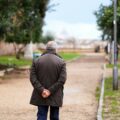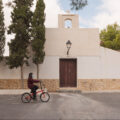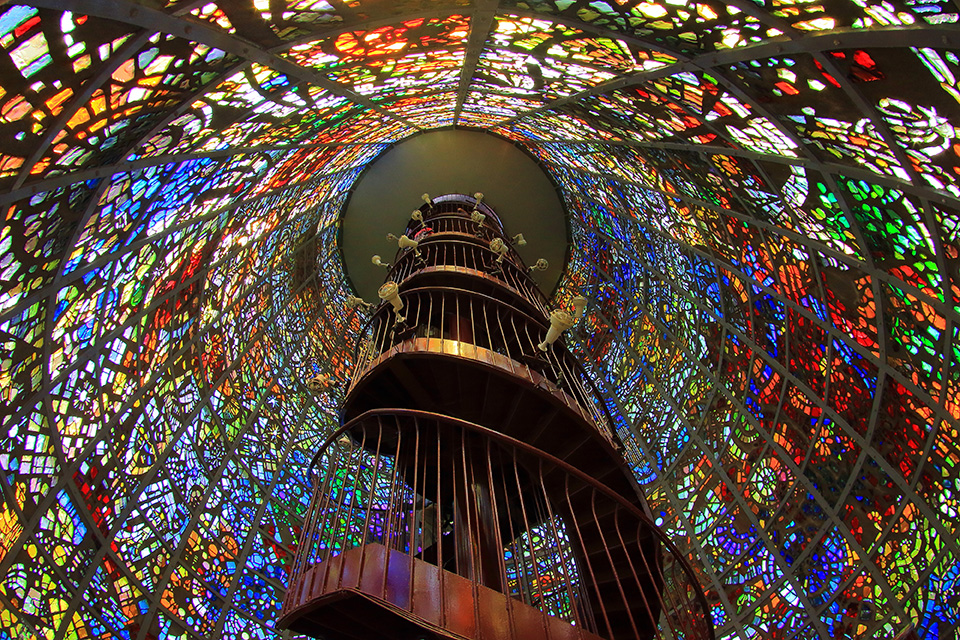A new reality for the Spanish Catholic Church
During March, April, and May 2020, Spain was one of the countries facing the most brutal effects of the coronavirus pandemic. With the virus spreading across the nation and hospitals running out of capacity, a total of over 40,000 people lost their lives to the illness, many of them coming from Spain’s relatively large elderly population.[1] Marking the lives of those who passed away would seem on the surface to be an uncontroversial act, but it has actually turned into an important milestone in reflecting the changing role of religion in the Spain of the 21st century.
New government, new approach
After the election of the new progressive coalition in November 2019, there had been a number of expressions of tension between the more conservative members of the Catholic Church and the objectives of the government, in particular with regards to proposed changes to the teaching of religion in Spanish schools.[2]
Yet despite this, as the coronavirus struck the country in March 2020, most religious figures stuck to calls for unity and solidarity rather than criticising the government. However, tensions between the Church and state arose again after Pedro Sanchez announced that the memorial event organised for the government to remember the victims of COVID-19 would be laico (secular) in nature, and therefore would not be held in a church nor led by a bishop or according to religious practices.[3]
In response, the Church announced that it would hold its own ‘funeral mass’ in the Almudena Cathedral in Madrid, to be led by Cardinal Osoro, and held ten days before the government’s service. Quickly, the announcement of the Church’s service began to be discussed as a political issue as it was confirmed that the Royal Family of Spain would be in attendance, but not the President. Instead, it was stated that the Vice-President, Carmen Calvo, would be there to represent the state. [4]
Sanchez’s refusal to attend the service unsurprisingly led to criticism from the traditionally conservative political parties in Spain, particularly the leading opposition party, the Partido Popular. After the service had finished in the Almudena Cathedral, the General Secretary of the party, Teodoro Garcia Egea, claimed that it had been a ‘grave error’ that Sanchez had not attended the funeral and that it was an “important thing to have leaders who are sensitive to the people and their pain.”[5]
However, despite the criticism of some members of the opposition, an article in El País made clear why Sanchez had refused to attend the event and had put so much focus into ensuring that ‘every detail’ of the state event would avoid religious influence or symbolism. The state-organised event, held in the Palace grounds rather than a Cathedral, would be the first memorial of its kind that would not be led or influenced by Catholic precepts. This contrasted starkly with previous memorials such as that for the victims of the Madrid bombings in 2004, which had been held in the Almudena Cathedral. Therefore, although two of the leading Catholic bishops were in attendance at the state event on the 17 July, they were treated only as observers, given the same status as representatives of other minority faiths. [6] [7]
Declining religiosity
The fact that the Spanish government decided to hold an event of such significance without giving a role to the Catholic Church is representative of a deeper sociological change that is affecting countries across Europe. Whilst in the early 1980s, 90% of Spaniards described themselves as Catholics, this number has fallen sharply in the last decades and now stands at just 61%, with only 19% practicing the faith regularly. This process of declining religiosity is particularly evident amongst the young, with only 36% of those in the 25-34 age group identifying as Catholic, for example.[8] [9]
This process of declining religiosity has contributed to the fact that the Catholic Church is increasingly losing its once ubiquitous role in Spanish public and state affairs. This case serves as an interesting comparison to other European nations, where changing demographics are having major political and social consequences for the power of the Church and should be of interest to all those wanting to understand religion’s place in Europe in the 21st century.
Freddie Scott
To all news items ->
Want to know more about similar topics? Go to the EARS Dashboard and receive free weekly updates.
[1] Coronavirus: Los muertos de la pandemia en España: 44.868 | Sociedad
[2] PSOE y Podemos planean marginar asignatura de Religión
[3] La Iglesia hará 10 días antes del homenaje de Estado un funeral por los fallecidos de la COVID-19 con el rey
[4] La Iglesia hará 10 días antes del homenaje de Estado un funeral por los fallecidos de la COVID-19 con el rey
[5] El PP censura la ausencia de Sánchez en la misa funeral
[6] El laicismo se impone en la primera gran ceremonia aconfesional
[7] Osoro y Argüello acudirán al homenaje de Estado a las víctimas del Covid-19
[8] Casi 7.500 centros de culto de minorías religiosas en España
[9] España es menos católica que nunca, según el CIS






